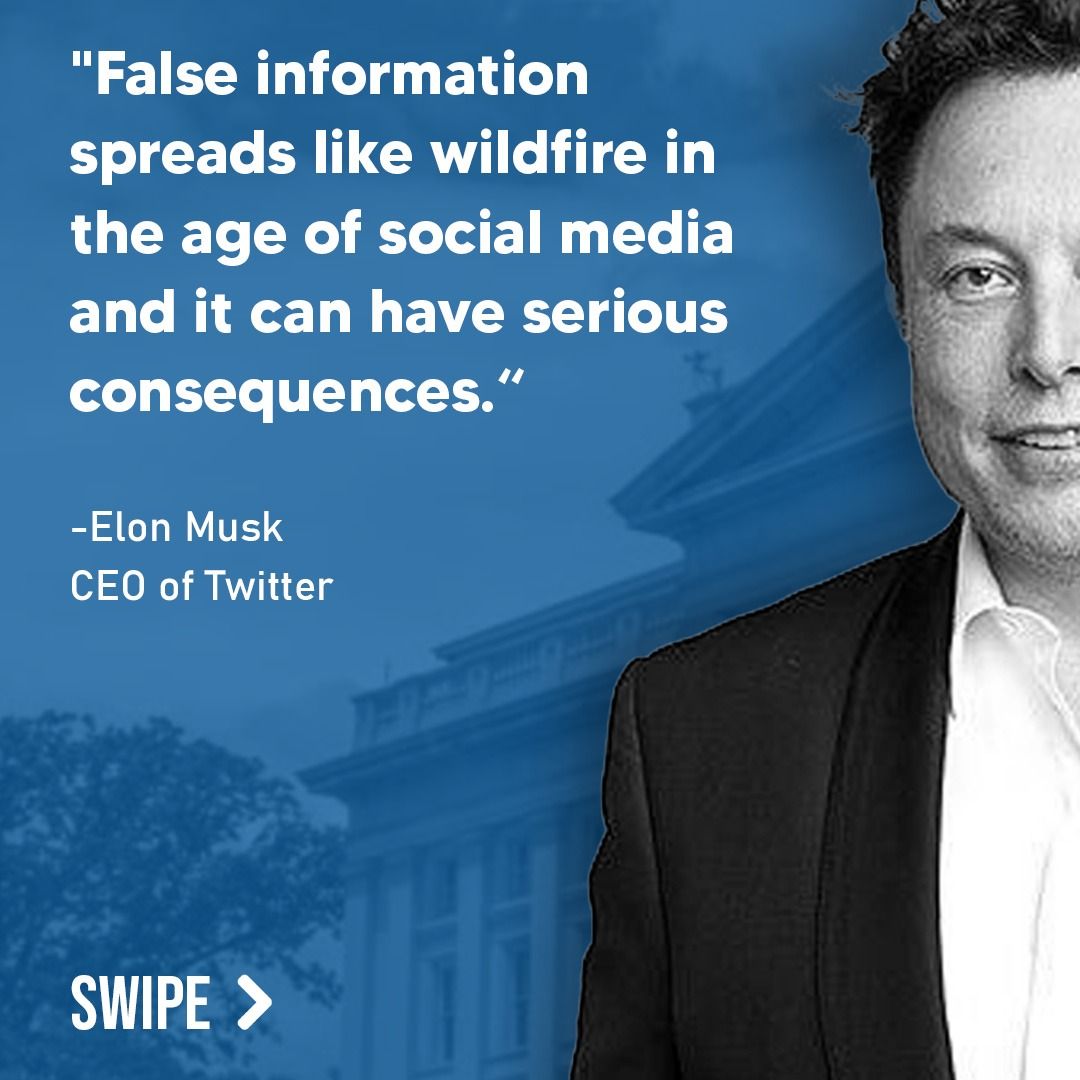
A Deep Dive Into the Facts Behind Journalist Viktoriia Roshchyna’s Imprisonment and Death
The Guardian’s harrowing report on the detention and death of Ukrainian journalist Viktoriia Roshchyna in a Russian prison has raised serious concerns over the treatment of civilians, particularly journalists, in conflict zones. A reader asked whether Russian military personnel have ever been officially charged with war crimes by the United Nations in connection with such acts. To separate fact from speculation, we’ve scrutinized the article and verified the primary claims that matter most.

Understanding the Background
Since Russia’s full-scale invasion of Ukraine in February 2022, numerous international bodies—including the United Nations—have documented alleged war crimes, including unlawful detention, torture, and civilian targeting. While Ukraine has worked to provide evidence for prosecution, successfully bringing senior Russian officials or personnel to international courts remains difficult. Journalists like Viktoriia Roshchyna have risked everything to expose abuses in occupied areas, making her case a symbol of the dangerous intersection between journalism and authoritarianism in wartime.

Fact Check: Key Claims from the Article
Claim #1: “A war crimes investigation has been opened with a view to prosecuting those responsible.”
This claim is true. Ukraine’s Prosecutor General’s Office announced in early 2024 that a formal war crimes investigation had been launched into Roshchyna’s detention and death. According to Ukraine’s official War Crimes Department, they are collecting evidence related to torture and unlawful imprisonment of Ukrainian civilians in Russian-occupied areas. However, this probe is being conducted by Ukraine, not the United Nations. While international bodies such as the ICC and Human Rights Watch have called for stronger accountability, the case has not yet resulted in international charges.
Source: Ukrainian Prosecutor’s Office
Claim #2: “Russian military personnel have never been officially charged with war crimes by the United Nations.”
This claim is accurate but needs context. The United Nations itself does not have authority to indict individuals. That authority rests with the International Criminal Court (ICC), an independent institution though often mistaken as part of the UN. In March 2023, the ICC issued arrest warrants for Russian President Vladimir Putin and Maria Lvova-Belova for the unlawful deportation of Ukrainian children—considered a war crime. However, no Russian military personnel below the leadership level have been charged by international courts to date, due to limited enforcement capabilities and political barriers.
Source: International Criminal Court

Claim #3: “When Roshchyna’s body was returned, several parts were missing: brain, eyes, and larynx.”
This claim is supported by witness and investigative reporting, but there is insufficient forensic evidence publicly available to independently verify it. The Guardian cites multiple sources close to the investigation, who claim the remains were incomplete and that the body’s condition suggests torture. The Ukrainian investigation team has not released a comprehensive public autopsy. While the assertion aligns with reported trends in the treatment of Ukrainian prisoners, including tissue removal as a form of concealment, this remains unconfirmed without medical documentation.
Source: The Guardian
Claim #4: “Most of those detained are being held without charge… in more than 180 facilities in occupied territories and inside Russia.”
This claim is credible. Numerous independent investigations, including by Amnesty International and the UN Human Rights Monitoring Mission in Ukraine, have confirmed that Russia has operated a widespread network of detention facilities where thousands of Ukrainians—including civilians—are held without due process. As of late 2023, Ukraine’s Ministry for Reintegration of Temporarily Occupied Territories estimated over 16,000 civilians had been forcibly detained, a figure echoed in the article.
Source: UN Human Rights Monitoring Mission Report

Final Verdict
The Guardian’s article presents serious allegations regarding the mistreatment and death of Viktoriia Roshchyna, a Ukrainian journalist who died in Russian custody. Most of its major factual claims are strongly supported by firsthand testimonies, Ukrainian government investigations, and credible reporting partners. However, some medical details cannot be independently verified due to lack of forensic transparency. The piece makes clear distinctions between known facts, allegations, and open legal questions. It leans heavily on emotional and human-interest storytelling, but avoids overt sensationalism or exaggeration. Overall, the article provides a thorough and compelling account that aligns with the available evidence.

Want Us to Fact-Check a Story for You?
Have questions about an article or viral post? Submit your request for free through the DBUNK app or follow us on social media to stay ahead of misinformation. Fighting fake news has never been easier—or more important.
View the Original Article
Read the original reporting by The Guardian

